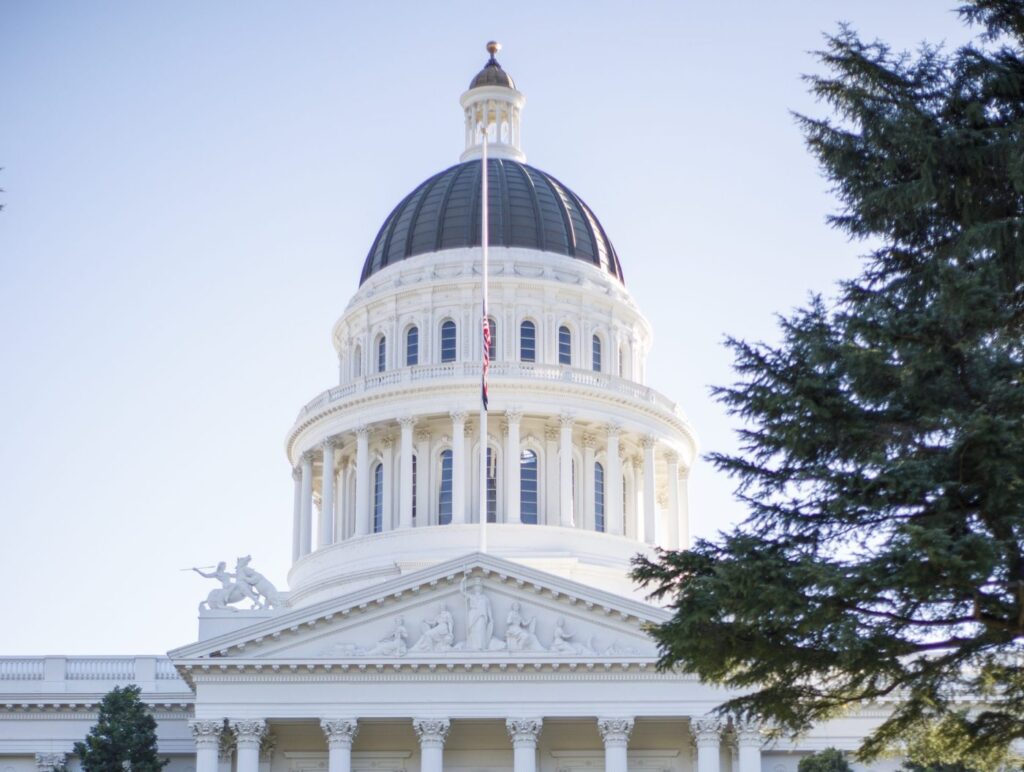
For the third election in a row, California voters wisely rejected a costly ballot initiative (Prop. 29) that would have had disastrous consequences for the state’s 80,000 dialysis patients. Dialysis typically lasts four hours per session, with many patients needing three treatments a week. Missing even one treatment can be fatal.
Had it passed, Prop. 29 would have required dialysis clinics to have a licensed physician, nurse practitioner or physician assistant on site at all times while treating patients. No other state has such a burdensome requirement. And for good reason. According to an analysis by the Legislative Analyst’s Office, had Prop. 29 passed, it “would increase each clinic’s costs by several hundred thousand dollars annually on average.”
That would likely force at least some of the state’s 650 dialysis clinics to close, an outcome that would worsen the state’s shortage of health care workers and make it even harder for patients to get the care they need.
Fortunately, voters rejected Prop. 29 by a margin of 2:1. Unfortunately, however, Prop. 29’s defeat is a rare victory against overregulation in California. Unlike the constituents they represent, the California Legislature still routinely protects special interests with high licensing requirements.
Thanks to this web of red tape, when it comes to burdensome licenses for lower-income occupations, California ranks as the third worst state in the nation in the Institute for Justice’s new “License to Work” report. It ranks as the second worst when factoring in the large number of occupations it licenses—75 of 102 lower-income occupations studied. On average, one of these 75 licenses takes 837 days of education and experience and costs $517 in fees.
Moreover, many of California’s licenses are wildly excessive. Both its tree trimmer and home entertainment installer licenses require a staggering four years of experience. By comparison, entry-level emergency medical technicians, who—quite literally—hold people’s lives in their hands, need only 40 days of training to get their licenses. All told, those burdens come at a heavy price. A 2018 IJ study found that California’s licensing requirements destroyed nearly 196,000 jobs and cost the state over $22 billion each year.
Even licenses that are relatively less onerous, like those for EMTs, can still represent major barriers to entry. Consider Dario Gurrola. Like thousands of other Californians, Dario learned to fight fires while incarcerated. Now fully reformed, he wants to use those skills to become a full-time firefighter. A new career would offer him a fresh start.
But many municipal firefighting positions require an EMT license (termed a certification in California). And the state bans anyone who has been convicted of any felony over the past decade from obtaining an EMT license, even if the crime is completely unrelated. People like Dario who have two or more felony convictions face a lifetime ban, no matter how long ago they occurred. Represented by the Institute for Justice, Dario filed a lawsuit to end this counterproductive policy but was rebuffed in court earlier this year.
Related Articles
Elon Musk should take a clear stand against censorship by proxy
Kevin de León, resign or get recalled
Could the Pacific Ocean be California’s savior?
President Biden’s bribe of young Americans
Colorado’s anti-discrimination law forces artists to echo the state’s message
While California is rigidly enforcing that ban, the state has actually made significant strides in reducing other licensing barriers for ex-offenders. According to another IJ report, recent reforms put California in the top 15 of states for protections for this vulnerable population.
Since 2020, licensing boards can only disqualify applicants if they have been convicted of a crime “substantially related” to the license. With few exceptions, boards cannot deny licenses based on convictions older than seven years. The reform overhauled licenses for dozens of occupations, including doctors and nurses, but EMTs were one of the very few left untouched.
Reducing or repealing California’s myriad licensing restrictions would help restore some lost luster to the Golden State.
Darwyyn Deyo is an assistant professor of economics at San Jose State University and a senior research fellow at the Institute for Justice, where Nick Sibilla works as a legislative analyst.
